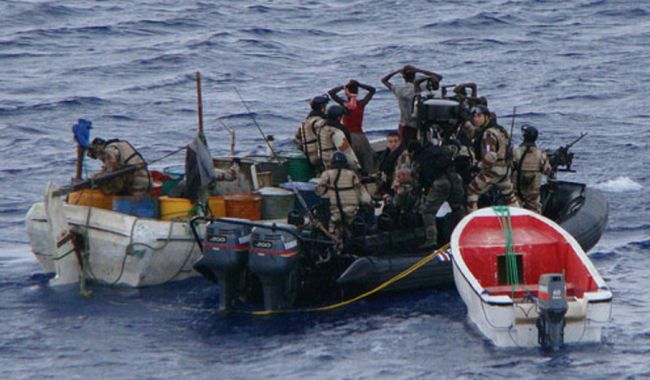
Panama-Flagged Ship’s Chinese Captain Allegedly Murdered By Vietnamese Crew Member
December 10, 2021
Seafarer Rushed To Hospital Following Accident In Port Of Auckland
December 10, 2021
A report published in collaboration with a reputed research group called the Stable Seas highlighted that the direct costs of abductions and ship seizures would mostly be borne by foreigners. About $5 million was paid last year for abductions mostly of non-African crew members.
It also mentioned that countries off the coast of the Gulf of Guinea may have to pay more to deal with the rising piracy. Primarily this would be to cover rescue missions, expanded patrols, and security costs at the country’s ports.
The report estimates that the costs could exceed $1.9 billion annually, diverting essential resources from additional critical needs. The report said that on considering indirect opportunity costs and financial damages, it becomes evident that the Gulf of Guinea has the most to gain from lowering rates of armed robbery and piracy in the region.
The frequency of attacks has preoccupied navies that could be addressing maritime security threats, discouraged foreign investment, impaired state control on offshore and coastal areas, hampered the development of blue economy, emboldened illegal fishers and traders, and terrorized communities of seafarers.
The report was published about two weeks from the time a Danish naval patrol assassinated four pirates in a fire exchange off the coast of Nigeria, a hotspot for piracy.
Anniken Huitfeldt, minister of foreign affairs in Norway, addressed UN officials on Tuesday and said that the number of pirate attacks had reduced in 2021, the reason being the rise in international patrolling and an exclusive maritime security project popular as the Nigerian Deep Blue Project.
However, she said that there have been instances of more severe attacks where a significant number of seamen were kidnapped.
Reference: news24.com
The Heavy Price Of West African Piracy appeared first on Marine Insight – The Maritime Industry Guide
Source: Maritime Shipping News



